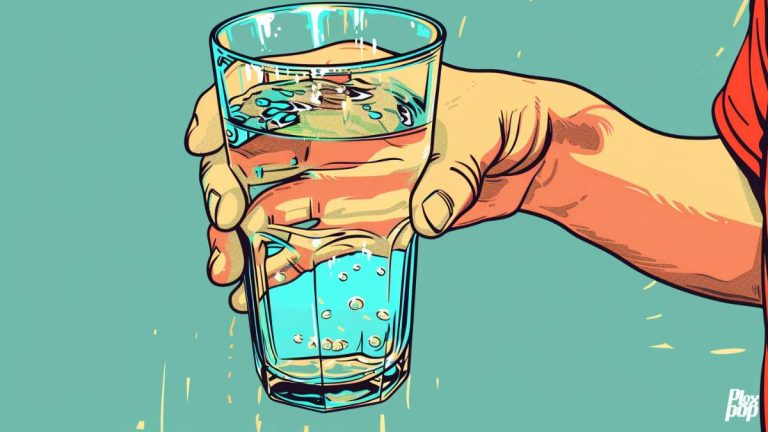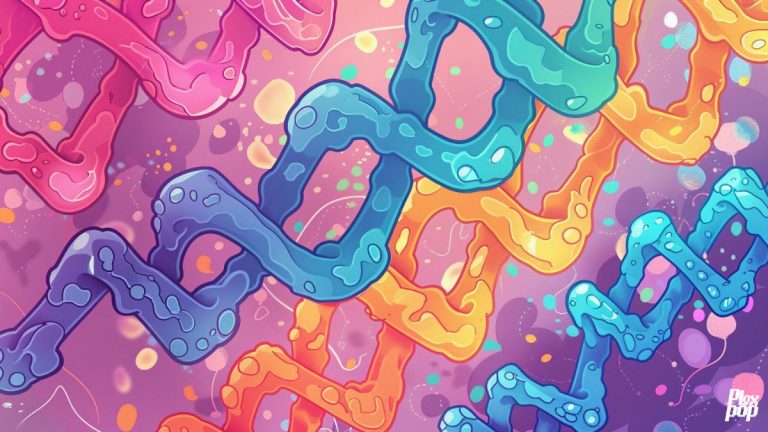If you think of your body as a complex machine, the heart is the engine that makes everything work. So when you have a heart attack, it’s no wonder your brain and other organs can be affected along with your heart.
In the simplest terms, a heart attack occurs when blood flow to the heart is blocked. But there is much more than that. Understanding exactly what is going on in your body during this event can help you recognize the signs of a heart attack much faster.
What effects does a heart attack have on the whole body?
You have arteries blocked by plaque
A network of blood vessels known as the coronary arteries surrounds the heart and supplies it with oxygen and nutrient-rich blood, which it needs to function. However, over time, cholesterol and other substances, including fat, cellular debris, calcium, and blood clotting material, can build up in these vessels and begin to interfere with blood flow. This is called a plaque.
Over time, as plaque increases, the exterior hardens due to calcium build-up. The body recognizes this as an injury to itself, and your heart sends all sorts of different chemicals, proteins, and clotting factors into the artery to try to repair the plaque that forms there.
This causes a blood clot to form around the plaque, which, combined with inflammation of the arteries, can cause a blockage.
At first, it is usually only a partial blockage, which means that some oxygen and nutrients can get through. But over time, if left undiagnosed and untreated, it can continue to build up and get worse until that artery is completely blocked; that’s what triggers a heart attack.
A partially or totally blocked artery supplies less oxygen to your heart, which in turn can’t pump as well. This can make you feel tired and difficulty in breathing — two common symptoms of a heart attack.
The tissue of the heart begins to die
When an artery in the heart is completely blocked, the part of the heart muscle that has lost its blood supply (and therefore oxygen) is injured.
Heart cells and heart tissue can’t survive too long without oxygen and without blood flow, so if that blockage doesn’t open quickly, you’ll experience damage. The amount of damage to the heart muscle depends on the size of the area supplied by the blocked artery, along with the amount of time between injury and treatment.
This is why early treatment is so important. If symptoms persist for more than 15 minutes, there is an increased risk of heart tissue dying. Just as about 90 minutes from the start of the stroke before the heart tissue dies, experiencing critical or irreversible damage.
Heart muscle damaged by a heart attack heals by forming scar tissue. This usually takes about eight weeks. But because scar tissue doesn’t contract or pump as well as healthy tissue, the heart may not be able to pump as much blood as usual.
As a result, you may experience symptoms such as arrhythmia (an abnormal heartbeat) because those damaged muscles interrupt the electrical signals that control the heart. It can also lead to heart failure.
One of the “classic” symptoms of a heart attack is chest pain or discomfort. This may involve pain, pressure, or a tight feeling in the center of the chest that lasts more than a few minutes or goes away and comes back.
Apart from that, back or shoulder pain, jaw pain or pain that spreads to the jaw, or pain spreading to the arm are some other symptoms. These symptoms are known as referred pain, or pain felt far away from the source of origin, which has to do with the way our brains are wired.
Your brain begins to suffocate
A blocked artery doesn’t just cut off blood to the heart. It can also prevent oxygen-rich blood from reaching the brain, causing brain cells to die.
If this continues for more than a few minutes, it can cause permanent brain injury. A February 2015 report found that half of all heart attack survivors experience memory loss, attention problems, and other cognitive problems. The study researchers believe this is because the hippocampus, the part of the brain that helps you learn and form new memories, is extremely sensitive to a lack of oxygen.
After a heart attack, this can manifest as difficulty using words (not remembering the correct word or using one out of context), problems with executive functioning skills such as reasoning and information processing, and also problems processing information visual. This can also contribute to the depression many people experience while recovering from a heart attack.
Fluid can build up in the lungs
When your heart is damaged, it can’t pump blood from your lungs to the rest of your body as well. This can cause blood to pool, increasing pressure on the veins within the lungs.
This, in turn, can push fluid into the alveoli in the lungs, which, as it builds up, makes it harder and harder to breathe (a condition known as pulmonary edema).
Treatment is usually supplemental oxygen, as well as diuretics to help remove excess fluid from the lungs. As you can imagine, fluid build-up in your lungs can make you short of breath.
Your kidneys can’t do their job
If your heart is weakened, you may not be able to pump enough oxygen-rich blood to your kidneys, which means that they cannot filter all the water and waste from the body. This can lead to swelling in the ankles, feet, and legs.
Signs of fluid build-up include shortness of breath (especially at night), wheezing, chronic fatigue, swelling of the legs or abdomen, and weight gain.
What to do if you think you are having a heart attack?

If you recognize any of these signs of a heart attack, the first step should be to call for medical assistance. Or, if you don’t have access to emergency medical services, have someone drive you to the nearest hospital. Don’t try driving yourself unless it’s the only option, as it can put you and others in danger if symptoms worsen.
It also recommends that you chew a regular strength aspirin (325 milligrams). Aspirin can help dissolve the blood clot. You need to chew it, which gets it into your system faster.
How to prevent a heart attack?
Stop smoking
Smoking increases the risk of a heart attack by causing the blood to thicken (making it more likely to clot) and damaging the walls of the blood vessels.
The good news is that if you quit smoking today, you will see results quickly. Your risk of having a heart attack drops dramatically in the first year, and within five years, your risk of having a stroke is the same as someone who has never smoked.
Maintain a healthy weight
Excess weight and an oversized waist contribute to the risk of a heart attack. If you’re overweight, your risk for all types of heart disease, including a heart attack, is about 67 percent higher than someone at a healthy weight, according to an April 2018 study, JAMA Cardiology.
Try to stay active as much as possible
The fitter you are, the lower your risk of having a heart attack, according to a May 2019 study in the European Heart Journal. When researchers analyzed the fitness levels of more than 4,500 people, they found that the top 25 percent of the fittest people had only half the risk of heart attack as the 25 percent less fit.
The Physical Activity Guidelines recommend that adults get at least 150 minutes of moderate-intensity activity (walking, cycling) or 75 minutes of vigorous activity per week, and also suggest strength training at least twice a week.






Leave a Comment